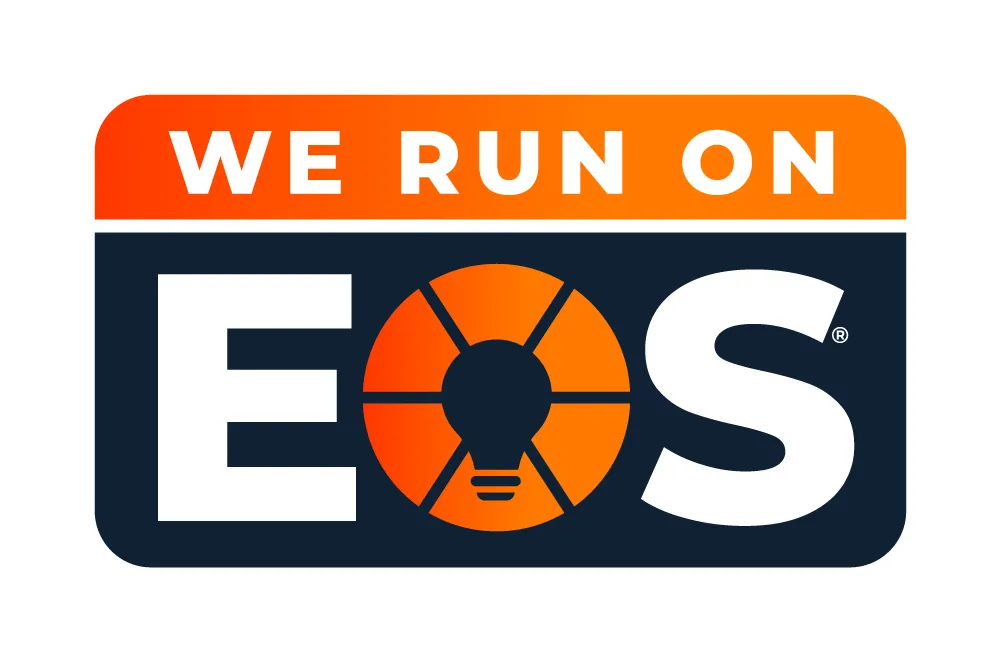Join Darrell Amy for the One Ideal Client Away Challenge,
April 10-14
www.oneidealclientaway.com
REVENUE GROWTH ENGINE BLOG

How to Soften Price Increases by Creating a Fallback Option
When faced with a price increase, clients may feel backed into a corner with only two options. One option is to take the price increase, sacrificing somewhere else in their budget. The other option is to stop buying from you and either forego the service or go through the hassle of finding another vendor.
Price increases typically create a “yes” or “no” scenario. Instead, what if you offered a third fallback option that was a scaled back version of your service?
Your fallback option could be lower-cost package with fewer benefits for your clients that are not willing to accept the price increase. You win because you keep the client. The client wins because they get to save money while keeping pieces of your offering.
The good news is that your fallback option not only can preserve revenue, it may also be able to preserve your profits. Done correctly, it may also create a strategy to go after your competition and get marketshare.
Here are a few things to consider as you create your fallback option.
Ask What Is Essential To Your Customers
When I was a kid most of the cars we had growing up had an AM radio, bench seats, and windows that you rolled down by hand. Now my car has an incredible surround-sound stereo system, multi-position heated buckets seats, and automatic windows. As much as I like these amenities, the reality is that I mainly need my car to get me to the airport and back. If cost-cutting were necessary, I could live without the fancy things.
Think about your products and services through the eyes of your customers—especially the ones who tend to be price-sensitive. What is most important to them? What can they not live without? What challenges are they facing that your offering alleviates?
Bob Moesta and Clay Christensen believe that buyers don’t buy products and services. Instead, they hire them for a “job to be done.” In the case of my car, I mainly hired it to get from point A to point B. Sure, I also hired it to provide some comfort, enjoyment, and status. But if times are tight what I mainly need is transportation.
Think about your offerings. What “job to be done” did your customers have that motivated them to purchase from you? What is essential and what is optional?
Your fallback option should include the essentials. In fact, you might even call it your “essentials” package. Strip away the surround sound, heated seats, and automatic windows. Offer a lower-cost option that still gets the job done. This allows you to keep your client while becoming a partner that also helps them achieve the goal of reducing their costs instead of raising them.
Consider You How You Can Preserve Your Profits
Just because you offer a fallback option with a lower cost does not necessarily mean that you need to lower your profits. Look for ways to package your “essentials” option in a way that has the same profit as your full offering.
Once you create your “essentials” bundle look at the cost of the product and/or service.
Then, take the actual dollar amount of the margin you had on your full offering and add it to the essentials offering. If you use this as the price you can protect your profit.
Can you always protect your profits? No. However, sometimes you might find a way to even raise your profits.
Create a Campaign To Add Back Margins
For the customers that choose your fallback option instead of a price increase, build a marketing campaign that allows them to add back some of the options. You might let some time pass. Then start dripping out marketing that lets them add-in features. Make it easy to bring these back in.
For example, my TV provider recently raised their rates. If they had a fallback option, I might have opted for fewer channels to save some money. Over time, the provider would be smart to begin offering some of the channels I lost for an incremental increase in monthly fees.
You might be able to do the same. After some time has passed, launch a marketing campaign that invites clients to incrementally upgrade their experience with your company.
Go After Your Competition
As you create your fallback option you may discover a new offering that could attract customers from your competitors. Chances are your competitors are raising prices. Your “essentials” offering could be the thing that lures them away. Once you bring them on board you can expand the relationship.
Originally Published on Convergo.
FREE BUSINESS VALUATION
What is Your Business Worth?
You can Discover the Value of Your Business in Less than 20 Minutes!
Join 70,000 business owners and get your score on the 8 Factors That Drive Your Company’s Value, a comprehensive analysis of your score and a detailed action plan for how to improve your score on each.

Subscribe to get updates each time we publish growth strategy ideas.















